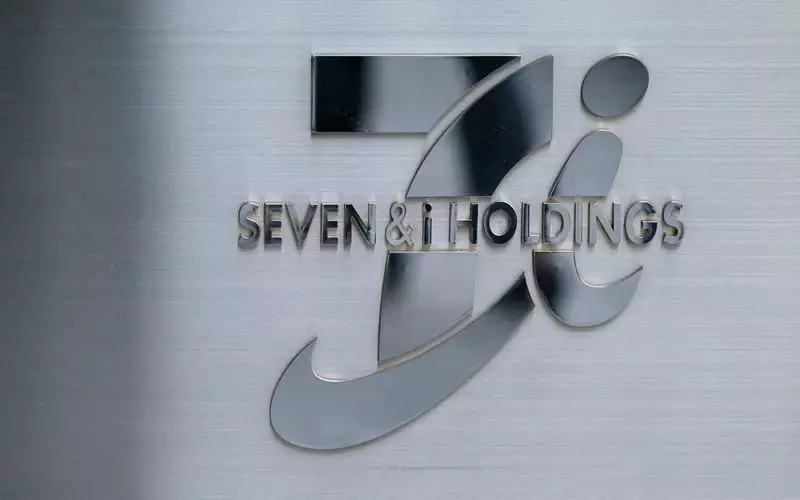In a significant development within the retail sector, Canadian convenience store operator Alimentation Couche-Tard has expressed its willingness to engage in negotiations regarding a $38.5 billion takeover bid for the Japanese retail behemoth Seven & i Holdings. The proposed acquisition, which entails an all-cash offer of $14.86 per share, has sparked a flurry of activity and speculation in financial markets, resulting in a 3% increase in Seven & i’s stock during early trading sessions in Tokyo.
The ambition behind Couche-Tard’s bid is not merely opportunistic but strategic; it aims to consolidate its position within the global convenience store industry. Couche-Tard’s CEO has made it clear that while they are open to discussions, they are also prepared to address potential regulatory hurdles that the acquisition may encounter, particularly concerning antitrust laws in the United States.
One of the major sticking points highlighted by Seven & i is the concern regarding regulatory challenges that could impede the transaction. Couche-Tard, however, remains steadfast in its assertion that it is willing to explore divestitures to alleviate any antitrust-related objections that regulators may raise. This proactive approach underscores Couche-Tard’s commitment not only to complete the acquisition but also to preserve the integrity of its operations within international markets.
Given the competitive nature of the convenience store sector and its significant role in global consumer spending, Couche-Tard’s persistence in pursuing this acquisition reflects a calculated risk that could reshape the retail landscape. Although Seven & i holds a dominant position with extensive sales volume and a wide network of stores, Couche-Tard believes that a merger could yield operational synergies that would ultimately benefit both parties.
Market analysts and retail stakeholders are closely monitoring the unfolding drama, given its potential ramifications. Couche-Tard’s proposition has been met with skepticism from Seven & i’s board, which has indicated that the offer does not align with the best interests of its shareholders. The rejection of Couche-Tard’s approach has ignited discussions regarding the management efficacy at Seven & i, particularly from investors who have become increasingly vocal about the company’s perceived stagnation in growth.
ValueAct Capital, a notable investor in Seven & i, has raised concerns regarding the company’s management practices and asset allocations. Such investor-driven narratives add another layer of complexity to the transaction, prompting both boards to consider the broader implications for shareholder value.
Couche-Tard’s commitment to transparency and its readiness to engage in direct discussions with Seven & i’s shareholders demonstrate a strategic play to enhance its credibility and trust among stakeholders. The possibility of directly appealing to shareholders, should negotiations falter, reflects a shrewd understanding of corporate governance dynamics.
If successfully navigated, Couche-Tard’s bid would stand as the largest foreign acquisition of a Japanese company to date, surpassing even Elon Musk’s $40.2 billion purchase of Twitter last year. In a market where such mega-deals are uncommon, this potential transaction is not only a testament to the growing globalization of retail but also highlights the strategic maneuvers companies are willing to undertake in pursuit of growth.
Couche-Tard’s market value is estimated at approximately $52 billion, and such an acquisition would undoubtedly provide it with an enhanced global footprint and operational efficiencies. The convergence of two retail giants could forge an entity capable of dominating the convenience store segment, offering consumers a wider range of products and services.
As Couche-Tard and Seven & i Holdings navigate the complexities of this taking decisive steps toward shaping the future landscape of retail, the industry will be keenly watching how this scenario unfolds. The implications of this potential merger extend beyond financial metrics, highlighting the ongoing evolution of consumer habits and the increasing importance of convenience in modern spending patterns.
While challenges lie ahead, both companies have the opportunity to reset and redefine their trajectories in the competitive retail market. Whether through collaboration or opposition, the discussions surrounding Couche-Tard’s bid will undoubtedly leave a lasting impact on the retail sector for years to come.

